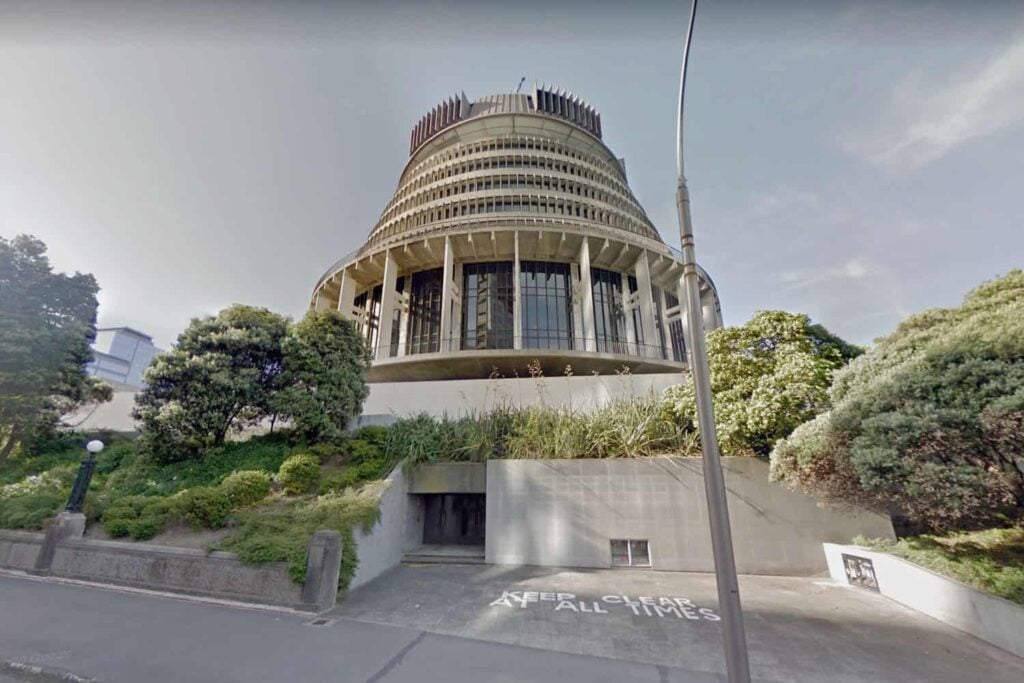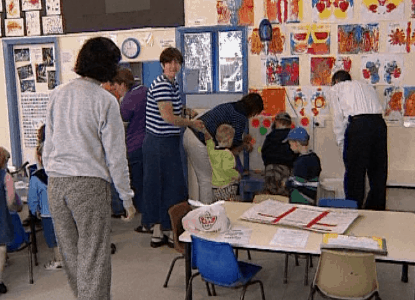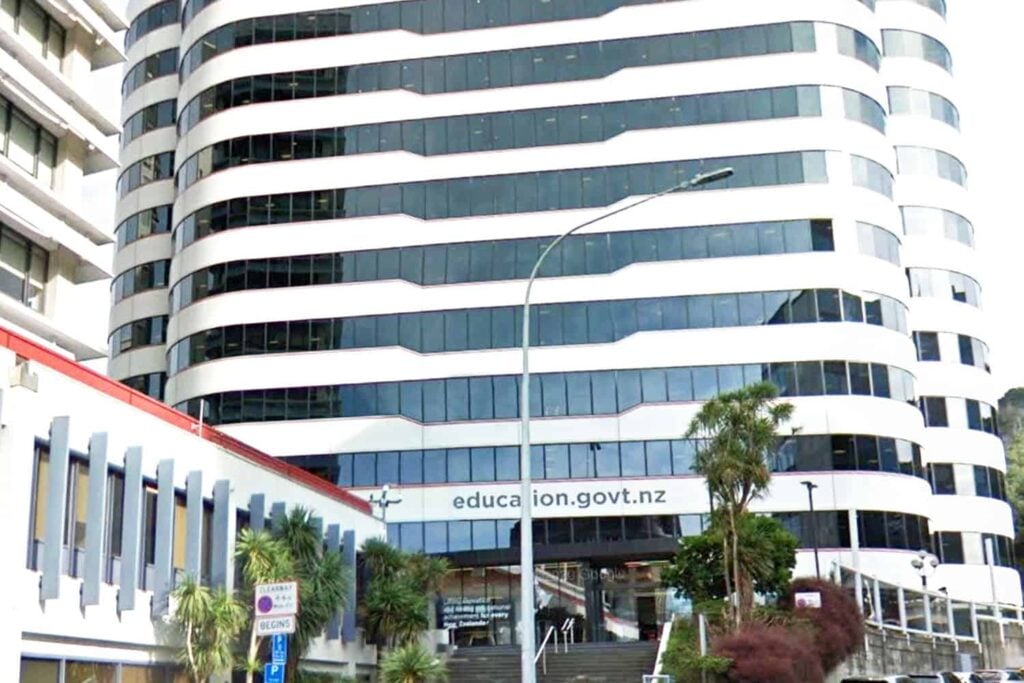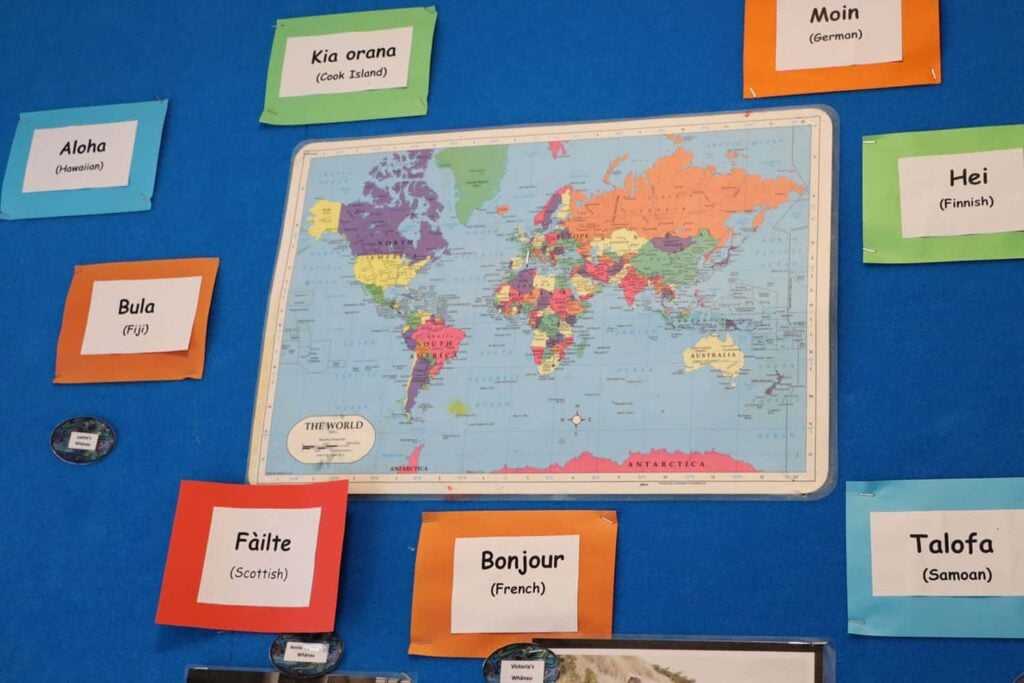Opinion-Editorial on Network Management.
Dr Sarah Alexander.
May 12, 2022. (also see an update published June 22, 2022)
New regulation for Network Management from February next year will cover home-based services, playcentres, and all teacher-led centres including kindergartens and hospital-based services. The Kōhanga Reo National Trust has requested and been granted an exemption. A proliferation of ECE services and a decline in child participation led to the government looking at how it can save money by managing provision.
Network Management Priorities
The purpose of network management according to the Ministry is to “help ensure all children have access to quality early learning settings and prevent unintended consequences of over-supply” (regulatory impact statement, Nov 2021, p. 2)
But the Network Management proposal fails to show how it will achieve the outcome of higher Quality ECE
There is a very real chance of hindering progress on the EL Action Plan unless only new services are approved that meet higher than current regulatory standards on things such as group size, teacher-child ratios, space per child, and having only early childhood trained and qualified teaching staff.
The Ministry could be setting priorities to enhance child safety – for example, why not encourage applications for services in single storey buildings or ground floor centres only?
New services should not be approved unless they undertake to provide maximum group sizes of children that do not exceed recommendations in child development literature on ECE quality. Other conditions for approval could cover mesosystem aspects or connections such as that the service actively involves parents as partners in children’s learning, or that services under private ownership must also have a committee of parents with whom management decisions are shared and agreed.
Political bias
There is no talk yet of the establishment of a panel of assessors independent of the Ministry and the Minister of Education being formed to assess applications for new services. There is no mention of a Code of Conduct for Ministry of Education decision-making and consequences should it breach the Code.
Decisions by the Ministry of Education and the Minister of Education on who can open a new ECE service and where, risk political bias, showing favouritism toward certain service providers or being swayed by the size of any service provider’s financial investment, and being influenced by other considerations. Other considerations may for example include that a corporation or rich individual has finance to take the minister or ministry to court over non-approval whereas a charitable group or a group of parents wanting to set up a local service are unlikely to do so because they cannot afford to.
Public Notification
A second issue is that while there will be a public register showing approved applications, declined applications will not be listed. This will prevent anyone from knowing before they put time and money into preparing an application if an application for a similar service in the same area has already been declined.
It is concerning for transparency and community participation that there is no plan to publicly notify of submissions so communities can raise any objections before a decision is made.
Services to be excluded are kōhanga reo and the Ministry of Education is also in discussions with the Minister to exclude (a) standalone services where all the curriculum is delivered through te reo.
The Ministry’s proposed priorities for deciding whether to approve a service application are as follows:
- Māori bilingual and immersion services where te reo Māori is used at least 51% of the time as a medium of instruction (instruction in te reo may be defined as direct teacher-led teaching of te reo, so if little actual ‘instruction’ takes place anyway because a play-based child-led programme is provided than it should be easy for most ECE services to tick this box).
- Hapū/iwi-owned services.
- Services with a distinct Māori identity and culture
- Pacific bilingual and immersion services that may also provide Pacific cultural contexts for early learning (note the priority is early learning and not also education, spiritual development, and care)
- Pacific language and/or cultural services (this covers all those that do not meet the MoE’s definition of being a bilingual service)
- Language immersion services (non-English/Māori/Pacific) where another language is spoken at least 51% of the time.
- Services well equipped for learning support needs (assuming this means health needs and disability needs as well?)
- Services well equipped for migrants and former refugees (would this include long-term migrants and for how long?)
- Services planned to operate on a new school site (why not also include existing school sites where the school itself seeks to set up an ECE service/s?)
- Organisations funded by Targeted Assistance for Participation (TAP) (These are mostly rural, Māori, or Pacifica)
But, the Ministry may still approve an application that does not meet any of the above priorities! Those applying to open a service in areas where there is not a big over-supply of services already (or in areas where population growth is predicted regardless of whether parents would feel comfortable with their child in the proposed service and actually use it as opposed to say a service that is close to work) can be approved without meeting any one of the above proposed priorities.
Consultation
What are your thoughts and suggestions for the Ministry of Education and Minister? A reminder that the Ministry is seeking feedback up to midnight on June, 2nd, 2022. Go to the Ministry’s questionnaire, here.









